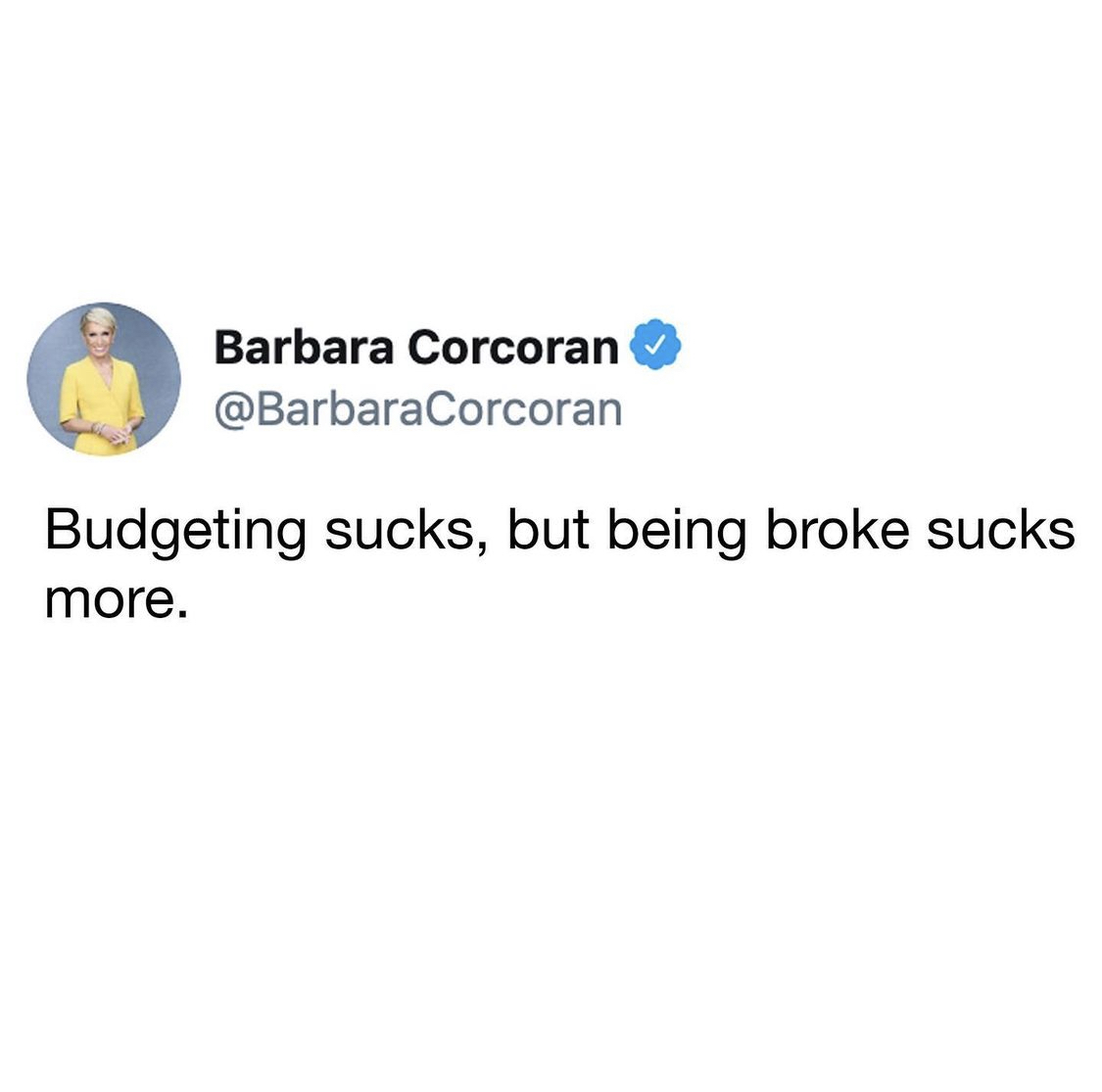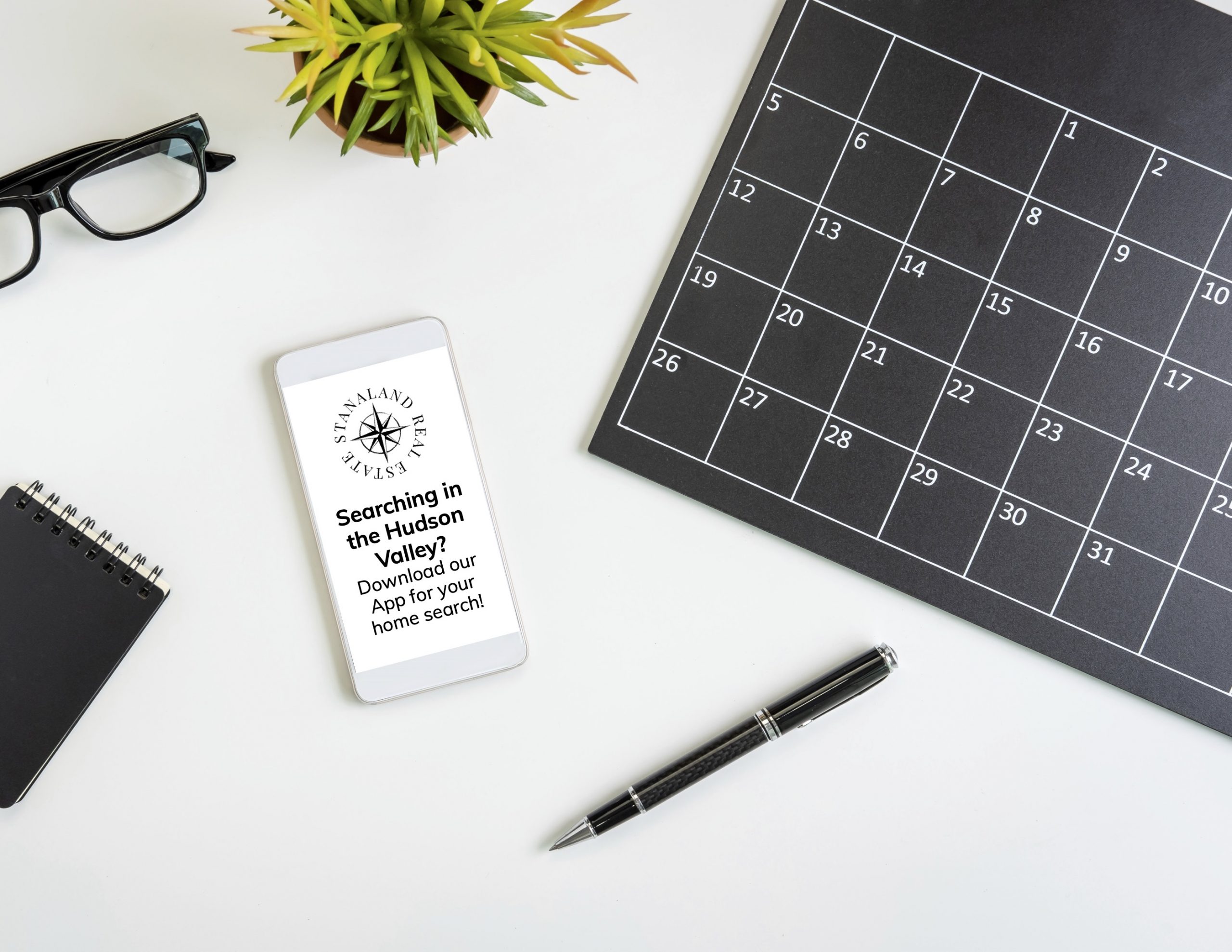FIRST TIME HOME BUYER CHECKLIST
7 STEPS EVERY FIRST TIME HOMEBUYER SHOULD TAKE

So, You're Ready to be a Homeowner?
Being a first time home buyer can be overwhelming. Check out this 7-step guide on some of the best practices you should be doing before buying your first home.
Micaela Stanaland, Licensed Real Estate Salesperson
Howard Hanna | Rand Realty
February 2, 2022

Step 1: Check Your Credit Score
If you're going to be financing your first home, your credit score can greatly effect the type of loan you qualify for. Generally speaking, the higher your credit score, the lower your interest rate will be. Lower interest rates on your loan directly correlates with a lower monthly mortgage payment (and who wouldn't want that?).
Everyone's credit score ranges from 300-850 points:
- 800 or higher: Exceptional
- 740 to 799: Very Good
- 670 to 739: Good
- 580 to 669: Fair
- 579 or lower: Poor
According to a 2021 VantageScore report, the average credit score in America is 697.
Don't beat yourself up if your credit score isn't where you would like to see it. Your Local Mortgage Lender will be able to review your credit score with you to see what is effecting your score the most. They'll help you strategize ways to pay off any debts that are carrying the most weight on your score.

“A low credit score can make it less likely that you would qualify for the most affordable rates and could even lead to rejection of your mortgage application. It’s still possible to be approved with a low credit score, but you may have to add a co-signer or reduce the overall amount you plan to borrow.” - Bruce McClary, spokesman for the National Foundation for Credit Counseling

Step 2: Set a Monthly Budget
Depending on where in the country (or world!) you choose to live, a mortgage could easily be your largest monthly expense. When it comes to setting a monthly budget for your home, remember to take into consideration:
- Your Current Income
- Outstanding Debts (i.e. student loans, car loans)
- Fixed Monthly Expenses (i.e. gym membership, subscriptions)
- Your Ultimate Financial and Life Goals
28% of your gross monthly income is a good rule of thumb for setting a mortgage budget.
If you're financing your purchase, the lender/bank will ultimately set the max budget for you. However, knowing where you're comfortable financially is a crucial first step in buying a home.

MIKE VANMANSART
Senior Loan Officer at Hudson United Mortgage
c: (845) 239-6565
mike.vanmansart@hudsonunited.com
NMLS #153067
Step 3: Speak With a Lender & Get a Pre-Approval
A mortgage lender is the person/institution that will determine whether or not you qualify for a loan. Lenders have specific guidelines for loan qualifications, and take into consideration a borrower's (that's you!) Gross Income, Debt-to-Income Ratio, and Credit Score.
Your mortgage lender will be the person that writes your pre-approval. What you need for a pre-approval will vary depending on whether or not you're self employed, but will generally include:
- Name & Address of Current Employer(s)
- Prior Two Years W-2 Tax Statements
- Social Security (if applicable)
- Disability Payments (if applicable)
- Pension Income (if applicable)
- List of Recurring Debts (i.e. auto loans, student loans, child support)
- Assets (i.e. bank statements, stocks)
Be sure to ask any lender you speak with (whether it's a bank or a broker!) about special programs they offer for first time home buyers.
Step 4: Hire a Real Estate Agent
Your real estate agent is going to be the one that guides you along your home purchase. They'll set you up on listing alerts, show you properties, negotiate your offer, and get you to the closing table!
It's never a bad idea to interview or talk with a few agents before hiring one. Some things to consider when hiring an agent (other than their personality!) are their communication skills, their locality (do they cover the area(s) you're looking in?), and their overall experience with home buyers. Don't be afraid to Google the agents you interview and take a look at their most recent reviews from past clients.
And an added bonus - in majority of home buying situations, you don't pay your real estate agent - the seller of the home you end up purchasing does! A great way to say "Thank You" to your agent is by leaving a review for them to share with potential future clients or giving their information to anyone you know that's looking to buy or sell.

MICAELA STANALAND
Licensed Real Estate Salesperson
c: (845) 596-9414
micaela.stanaland@randrealty.com

Step 5: Create a List of 3 "Must-Haves"
You probably have an image in your head of what your next home will look like, which is great! But remember that not every home is going to check off every box.
By creating a list of three to four "must-haves" for your new place, you'll be able to focus better on what's really important in your next home and your agent will have a better idea of what you're looking for.
Remember, "must-have" is different than "want to have". If you have kids, is keeping them in the same school district important? If you have pets, do you need a yard? Do you need to be within a certain proximity to work?
Things like paint colors and flooring can be changed. If you're having a hard time narrowing down your must-have list, ask yourself how long you plan on living there. If it's five years or less, you're likely not going to be looking for your "dream home". If it's 10 years or more, focus on the potential of the property and if a house is something you can make into your dream home.
Step 6: Set a Timeframe
When you're starting to look for homes, it's unlikely you'll be buying the first house you see. Not saying "one and done" doesn't happen, but - according to the National Association of Realtors, the average homebuyer spent 8-weeks house hunting and saw an average of 9-homes.
Depending on the size of the neighborhood(s) you're looking in, this number can vary. If your desired neighborhood has only a few homes that come up for sale every so often - or what we call, "low inventory" - then you'll likely be looking longer than that.
Another important factor to keep in mind is who the market is currently favoring - buyers or sellers? If you're searching for a house in a "seller's market", that means the market is favoring the seller, not you, the buyer. A "seller's market" was the market that we saw in the majority of suburban areas through the early 2020's, and most homebuyers spent months and or even over a year looking for a home.
No matter the market, the most important thing to keep in mind during your search is patience. This will (quite literally) be the key to your new home. Set a timeframe and stay focused.

Step 7: Get Out There!
Saving the best for last - with your budget set, your trusted agent by your side, your "must-haves" narrowed down, and your timeframe in place - it's time to get out there and start looking at homes!
Sure, you've probably been scrolling through hundreds on your phone or laptop (looking at homes online will become a pastime even after you move into your new place) but now it's time to actually get out there with your agent and see some homes in person.
An insider tip: Drive by homes that you're interested in before you go to see them. Get a feel for the neighborhood and local amenities if you're looking in an area that you're not familiar with.
Happy House Hunting!
We're here to answer your questions about the home buying process. Always feel free to reach out to us at micaela.stanaland@randrealty.com for your real estate questions.
If you're ready to start your search, create your free account on our website, and download our app for the latest Real Estate in Rockland, Orange, Bergen and Westchester Counties.
P.S. - Don't forget to follow along our real estate (and travel!) adventures on our LinkedIn, Instagram, Facebook, and Pinterest accounts.


